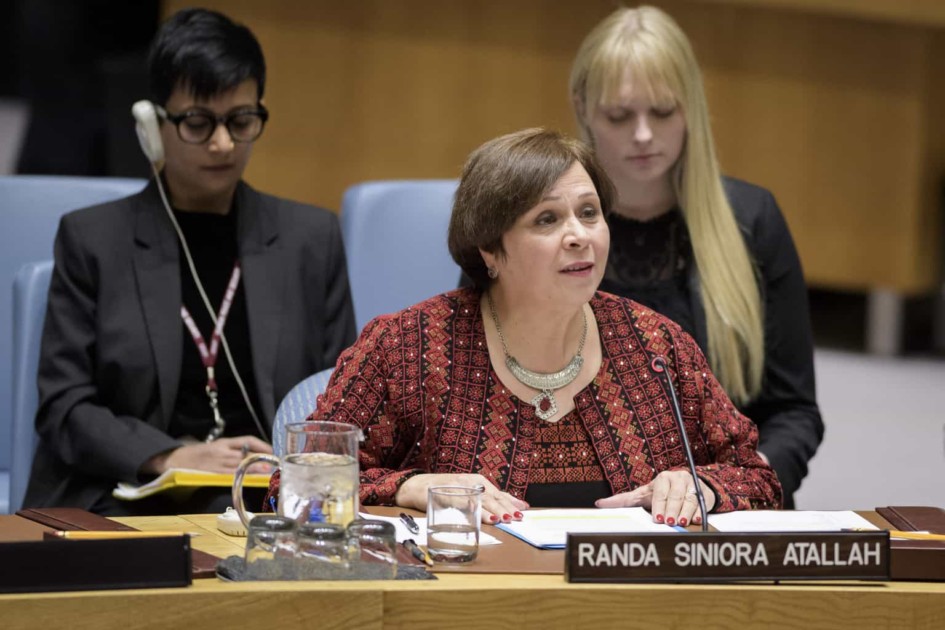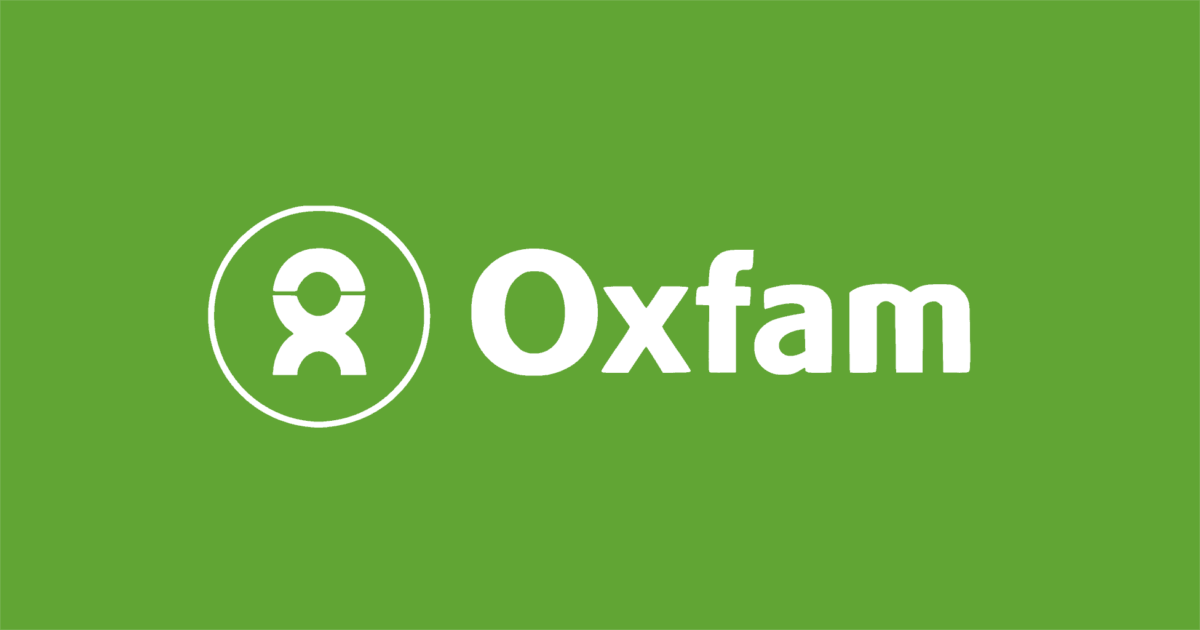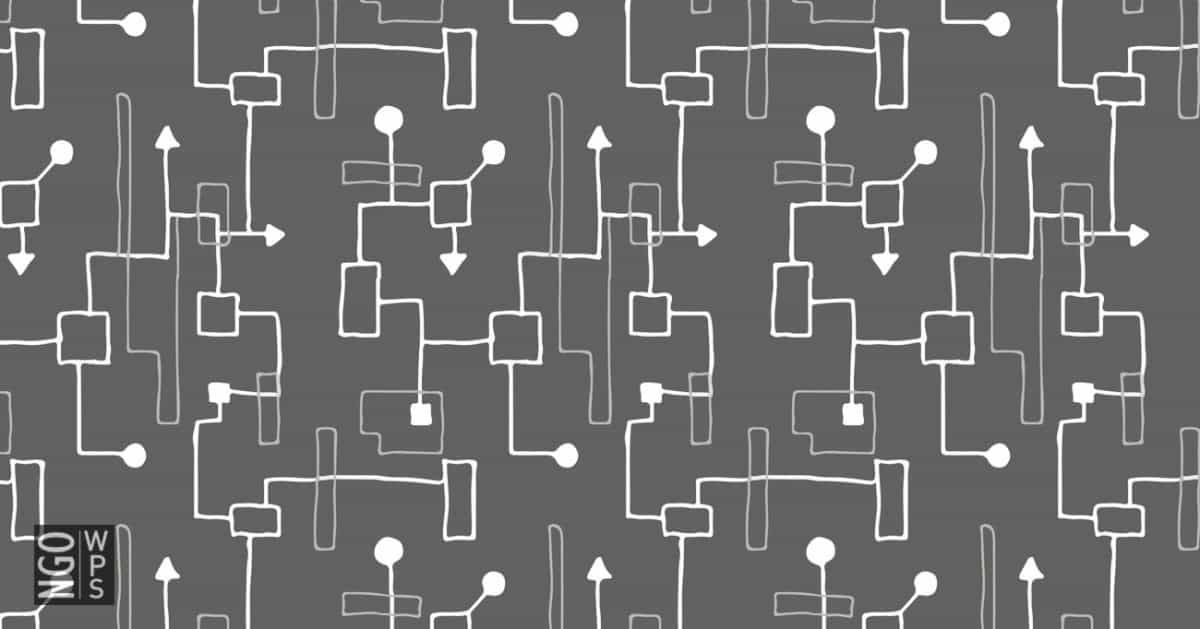Israel & Palestine
Israel & Palestine
Women in Israel and Palestine have consistently been leaders in the process to bring peace to the Middle East, including by demonstrating against the occupation on International Women’s Day in March 2015. Damaged infrastructure, reduced services, food insecurity and displacement caused by the occupation and subsequent conflicts have had a particular impact on women, notably in the marginalized Palestinian territories.
Neither Israel nor Palestine has a National Action Plan on Women, Peace and Security as per Resolution 1325, and although both are parties to the Convention on the Elimination of All Forms of Discrimination against Women (CEDAW), significant obstacles remain to gender equality— including outdated personal status laws that are still enforced in both areas. Despite the frequency with which the Security Council discusses the situation in the Middle East, the gendered aspects of violence against civilians and its effects on women and girls has never been debated within the Council.
Based on the work of NGOWG members and their partners, the NGOWG advocates for remedying this discrepancy by calling for the effective and meaningful inclusion of women in all actions taken by the United Nations Truce Supervision Organization (UNTSO). The Council should further ensure a focus on women’s rights and gender issues in all aspects of current and ongoing peace and security processes in Israel and Palestine.
Current and Past Recommendations to the UN Security Council (Monthly Action Points)
The stalled peace process, ongoing occupation, and increasing economic and governance challenges in the occupied Palestinian Territory (oPT) serves as the backdrop for increased violence targeting civilians in recent months, exacerbating an already untenable situation. The protracted occupation, which encompasses efforts to limit movement, seize property, and impose barriers to gaining citizenship or residency status, contributes to discrimination against diverse women and girls and directly undermines their safety and security, including by forcibly displacing women and girls, exacerbating gender-based violence and preventing access to life-saving sexual and reproductive health care. In Council discussions on the situation, women’s rights and meaningful participation must be made central to all discussions. Council members must concretely address legitimate barriers to inclusion and violence faced by women living under Israeli occupation. Palestinian women, including activists, peacebuilders and HRDs, regularly face violence, threats, arrest, intimidation, restriction on movement and discrimination as a result of Israeli policies that violate international humanitarian and human rights law. Finally, forced displacement continues unabated throughout the oPT. The Council must call for an end to the continued expansion of settlements, settler violence and forcible transfers, house demolitions, residency revocation, movement restrictions, arbitrary detention and targeting of human right defenders.
Relevant Resources









